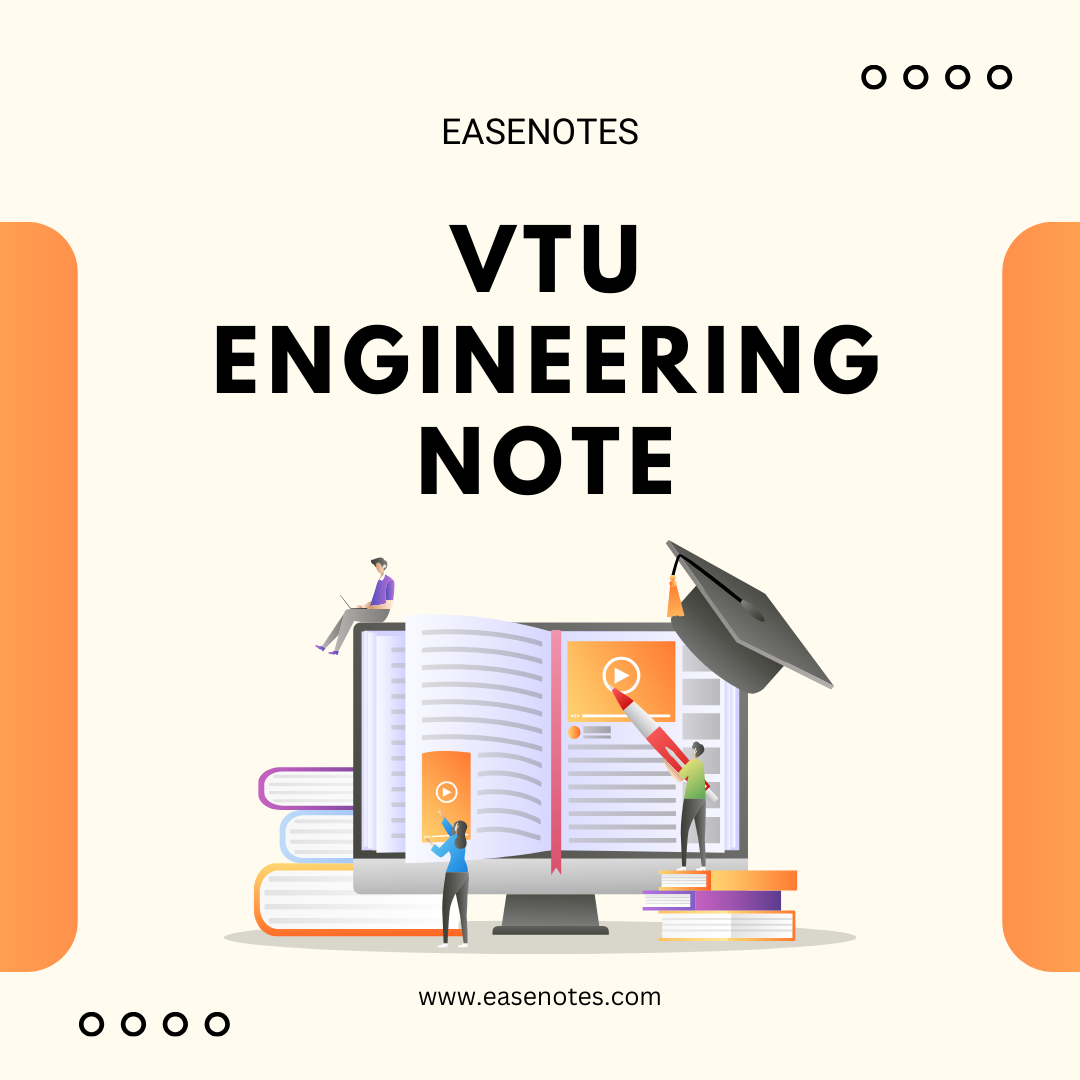Scheme & Syllabus Copy of Electric and Hybrid Vehicle Technology 2022 scheme VTU Notes
Electric and Hybrid Vehicle Technology BME306A 2022 scheme VTU Notes syllabus copy
Electric and Hybrid Vehicle Technology BME306A
Module-1: Introduction to Electric Vehicle (EV) & Hybrid Vehicle (HV)
- Brief History of Electric and Hybrid vehicles.
- Basic Architecture of hybrid drivetrain.
- Vehicle Motion and dynamic equations for the vehicle.
- Types of HV and EV.
- Advantages over conventional vehicles.
- Limitations of EV and HV.
- Impact on Environment of EV and HV technology.
- Disposal of battery, cell, and hazardous materials, and their environmental impact.
Module-2: Power Management and Energy Sources of EV and HV
- Power and Energy Management Strategies: General architecture of EV and HV.
- Various Battery Sources and energy storage.
- Battery-Based Energy Storage.
- Battery Management Systems (BMS).
- Fuel Cells: Characteristics and usage.
- Supercapacitor-Based Energy Storage.
- Flywheel and hybridization of various energy storage devices.
- Selection of Energy Storage Technology.
Module-3: DC and AC Machines & Drives in EV & HV
- Various types of Motors: Selection and sizing of motors.
- Induction Motor Drives: Control characteristics.
- Permanent Magnet Motor Drives: Characteristics.
- Brushed and Brushless DC Motor Drives: Characteristics.
- Switched Reluctance Motors: Characteristics.
- IPM Motor Drives: Characteristics.
- Mechanical and Electrical Connections of motors.
Module-4: Components & Design Considerations of EV & HV
- Design parameters of Batteries, Ultra-Capacitors, and Fuel Cells.
- Aerodynamic Considerations.
- Calculation of Rolling Resistance and Grade Resistance.
- Calculation of Acceleration Force.
- Total Tractive Effort.
- Torque Required on the drive wheel.
- Transmission Efficiency.
- Consideration of Vehicle Mass.
Module-5: Electric and Hybrid Vehicles Charging Architecture
- Introduction to Smart Charging: Grid to vehicle (G2V) and vehicle to grid (V2G).
- Smart Metering and ancillary services.
- Preliminary discussion on Vehicle to Vehicle (V2V) and Vehicle to Personal Communication systems.
- Introduction to Battery Charging Stations: Installation and commissioning.
- Preliminary discussion on estimation of Station Capacity and associated technical issues.
- Different types of Connectors.


